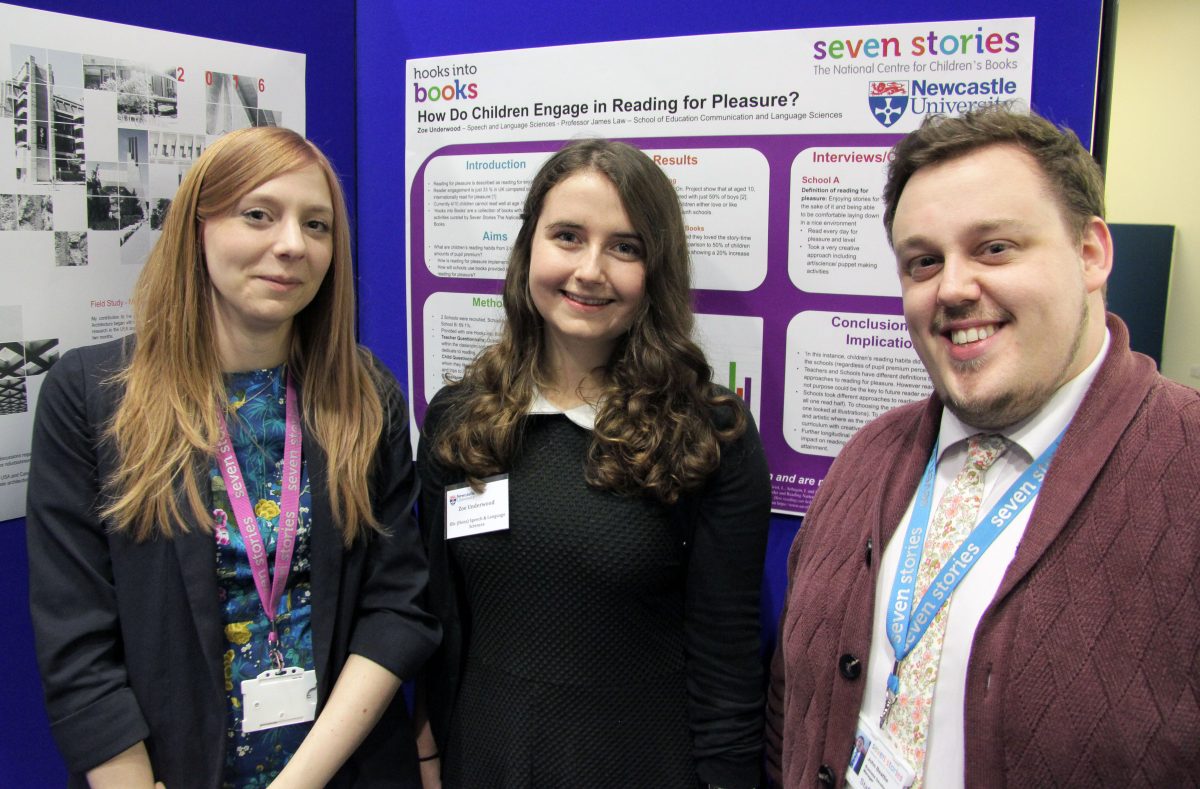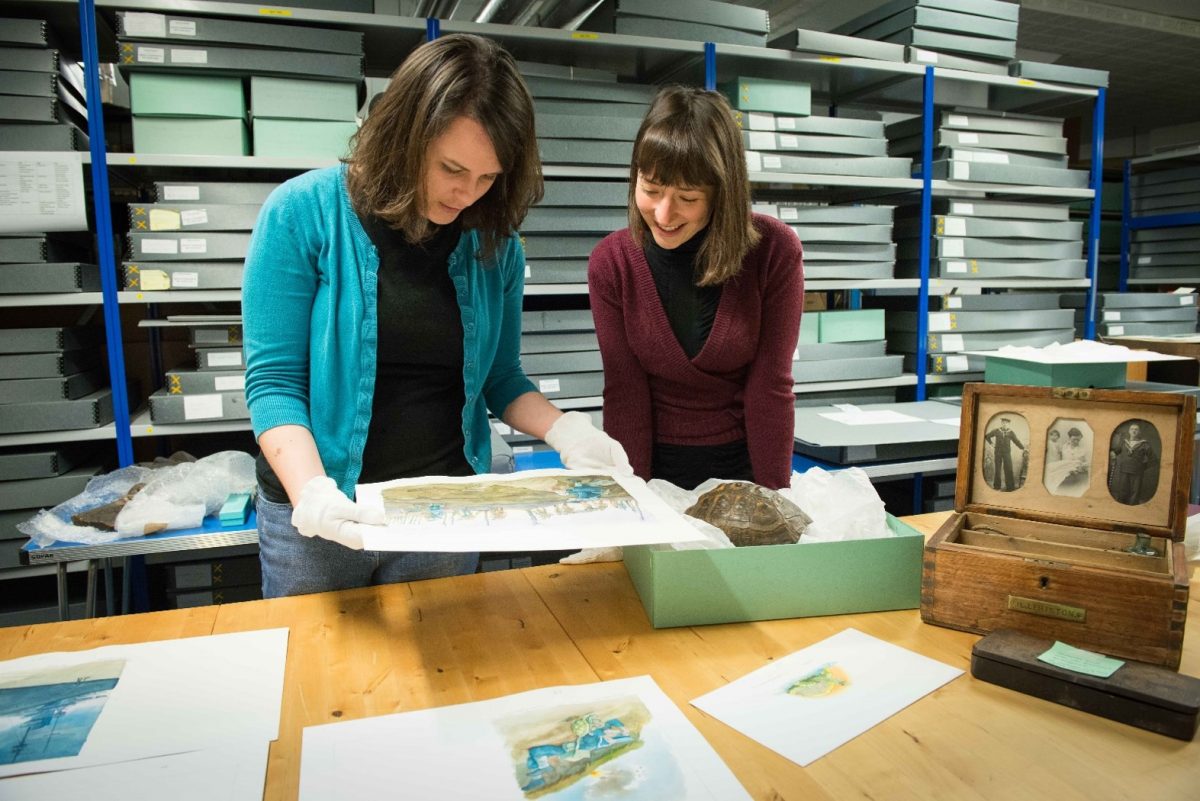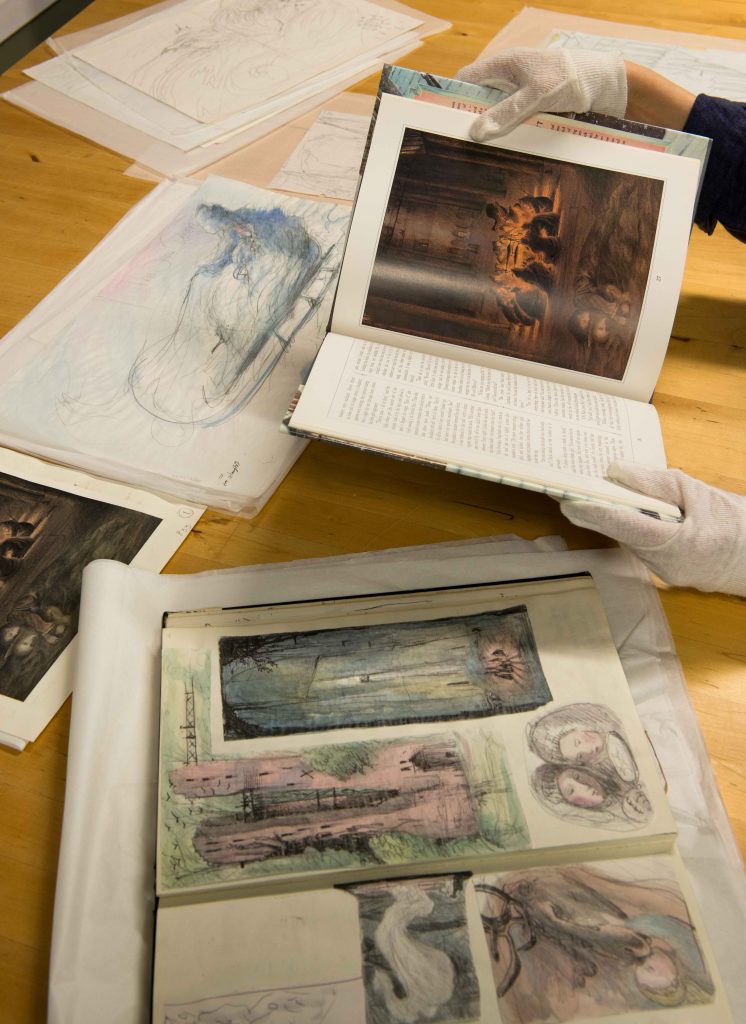Earlier this year, a Speech and Language Sciences student, Zoe, spent 8 weeks with Seven Stories’ Learning and Participation Team working on a Newcastle University Research Scholarship.
In November, Seven Stories’ Business Development Manager John Beattie and I caught up with Zoe at Newcastle University’s Research Scholarship celebration event, where she presented a poster about her work with Seven Stories.
Hello Zoe! You undertook a Newcastle University Research Scholarship with Seven Stories. What’s that, and how did you secure it?
A vacation Research Scholarship is offered to students in their middle or penultimate year of their degree from Schools across the University. Back in January 2016, we were notified of this opportunity to conduct some research and receive a bursary. My supervisor Professor James Law notified me that Seven Stories would like some research to be conducted in collaboration with them. I organised a meeting at Seven Stories where I met members of the Learning and Participation Team. We decided on a topic and wrote a proposal that was handed in February 2016. In March I found the proposal was successful and began the scholarship in June 2016.
What did you do during your Research Scholarship with Seven Stories?
We decided to do a study about Hooks into Books at Seven Stories and sent Snow Dogs book packs into two schools to evaluate how they were received, and if anything could be improved. This involved doing a literature review surrounding reading for pleasure and its implications. After packs were delivered I then attended each school, carried out questionnaires and observed a session. This was great, seeing the school staff and children’s reactions to the books.
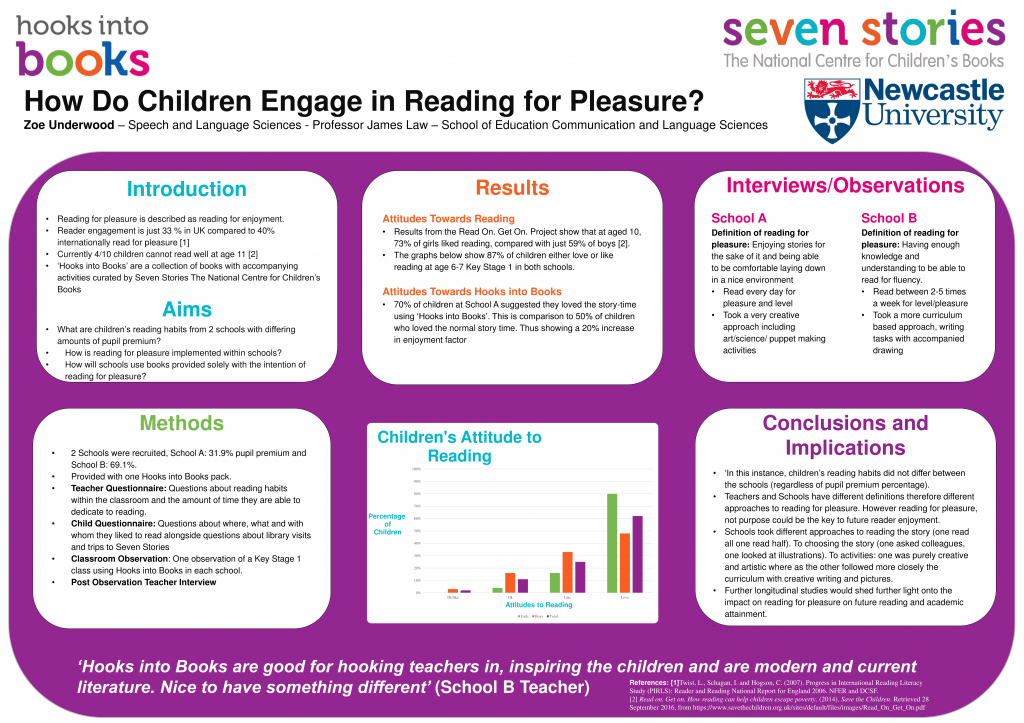
What were your research findings?
Children’s reading habits did not differ between the schools (regardless of pupil premium percentage).
Teachers and Schools have different definitions therefore different approaches to reading for pleasure. School A: ‘Enjoying stories for the sake of it and being able to be comfortable laying down in a nice environment.’ School B: ‘Having enough knowledge and understanding to be able to read for fluency.’
Schools took different approaches to reading the story (one read all one read half). They also had different ways of choosing the story (one asked colleagues, one looked at illustrations). The activities they did using the books were also different: one was purely creative and artistic whereas the other followed more closely the curriculum with creative writing and pictures.
How did you find working in a cultural education setting like Seven Stories, in comparison to a speech therapy role?
I really enjoyed working with Seven Stories and felt very supported throughout my time there.
It was enjoyable working in the office, then experiencing the hustle and bustle of schools. In comparison, as a speech therapy student every day and placement can be different, from hospitals, to children’s centres, to community clinics and schools.
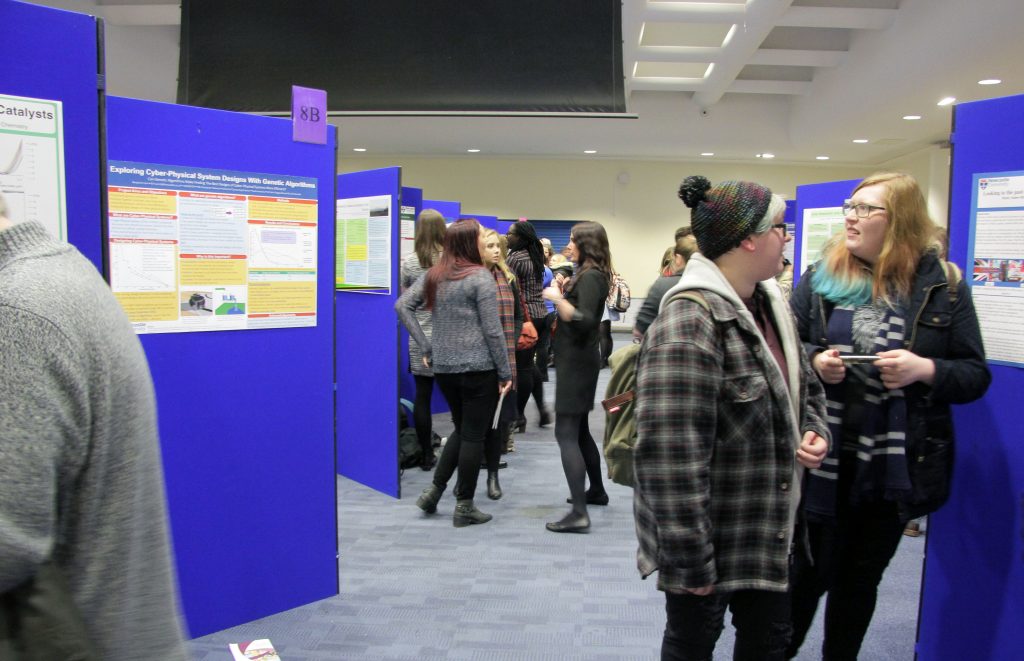
What have you learnt from your Research Scholarship?
I have learnt lots of research skills from my project, particularly how to form child-friendly questionnaires and write literature reviews. I have also learnt how to format and design posters.
What impact will your Research Scholarship and time with Seven Stories have on your future studies, research and career plans?
I hope to incorporate my experience into speech therapy in the future, particularly the links between ‘reading for pleasure’ and speech and language difficulties. The formatting skills I learnt will help me in the future to make assessed posters whilst still at university, but also in the future when making information sheets for colleagues of clients.
Is there anything else you’d like to tell us?
I would encourage anyone to take up the opportunity of a summer vacation Research Scholarship. It was a valuable experience which will definitely have benefits for my future.


